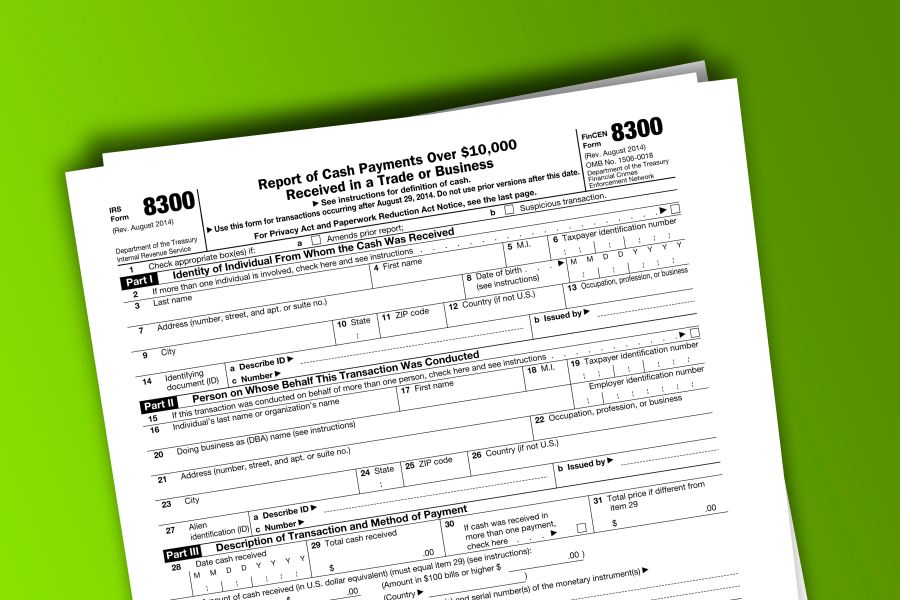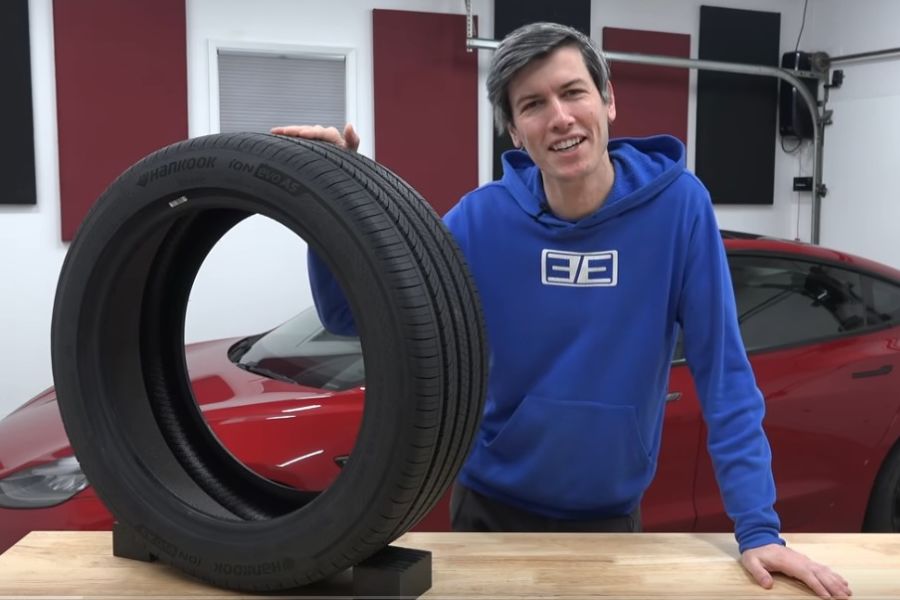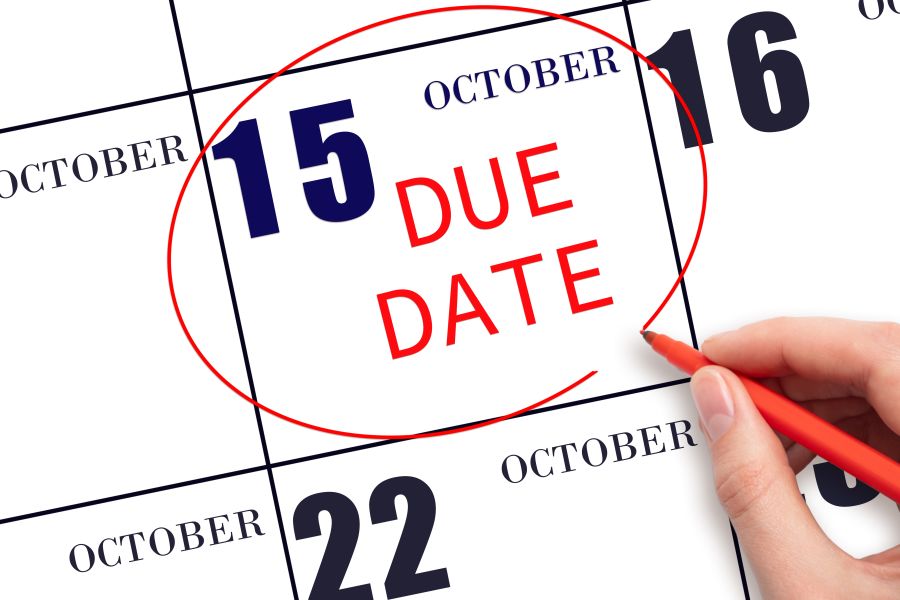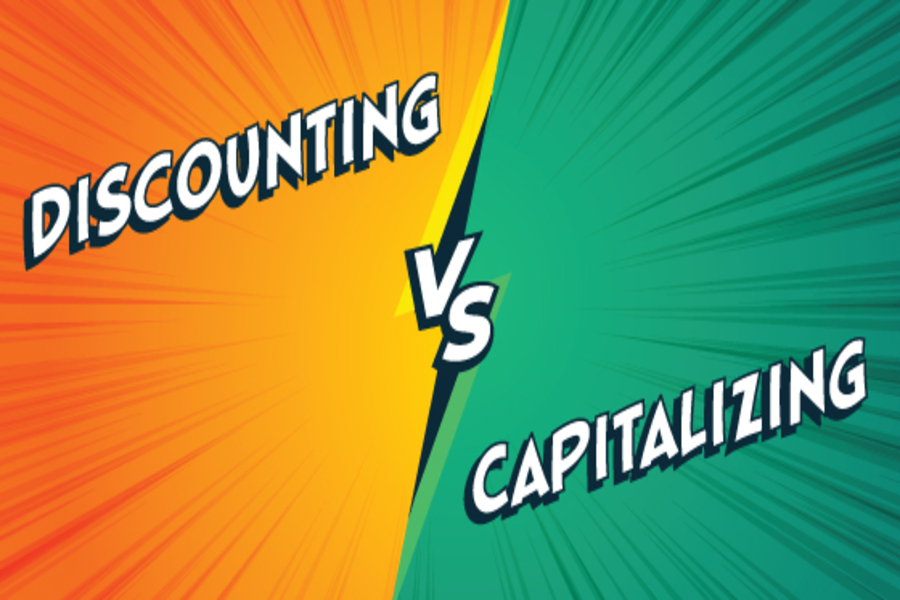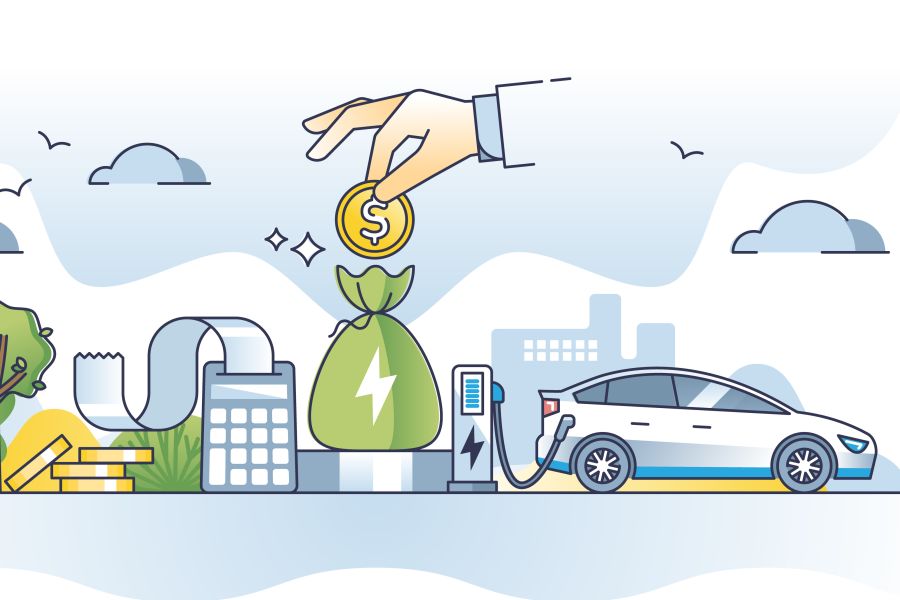As reported in IRS News Release IR-2023-157 The Internal Revenue Service announced that starting 1/1/2024, businesses are required to electronically file (e-file) Form 8300, Report of Cash Payments Over $10,000, instead of filing a paper return. This new requirement follows final regulations amending e-filing rules for information returns, including Forms 8300. Businesses that receive more than $10,000 in cash must report transactions to the U.S. government. Although many cash transactions are legitimate, information reported on Forms 8300 can help combat those who evade taxes, profit from the drug trade, engage in terrorist financing or conduct other criminal activities. The government can often trace money from these illegal activities through payments reported on Forms 8300 that are timely filed, complete and accurate. The new requirement for e-filing Forms 8300...

As posted to the Climate One YouTube page on 7/17/23 Run Time 58 minutes, 47 seconds (when beginning at Time Stamp 21:33) Climate One clip description: Demand for lithium ion batteries is expected to grow 500% by 2030, and the race for raw materials is on. Lithium mines around the world are opening or expanding, while children as young as six in the Congo carry sacks of cobalt-laced rocks on their backs for less than $2 a day. Recycling presents promising opportunities, yet before millions of batteries can be recycled, they have to be made in the first place. At the same time, advances in battery chemistry continue to be made, and it’s not hard to imagine a near future when batteries don’t require lithium or cobalt at...
As posted to the Engineering Explained YouTube Channel on 12/23/2022 (Run Time 11 min, 45 sec) Electric cars place unique challenges on tires, as a result of four key characteristics: weight, efficiency, noise, and torque. Thanks to asking Hankook's engineers an abundance of questions, John Fenske has got all the answers on how electric car tires can help EVs overcome these challenges. (This is Blog Post #1396) Jason Fenske is a graduated mechanical engineer with a passion for cars, and his goal is to help other people passionate about cars learn how they work. Check out his YouTube Channel here: www.youtube.com/@EngineeringExplained/about...
As posted to the AutoLine Network YouTube Channel on 4/8/2023 (Run Time 10 min, 25 sec) John McElroy presents his 2023 ranking of the top 12 automakers based on revenue, profits and several other factors. No editorializing . . . just the numbers. (This is Blog Post #1396) John McElroy has been called an influential thought leader in the automotive industry. He created “Autoline Daily,” the first industry webcast of industry news and analysis. He also hosts the Emmy Award-winning television program “Autoline This Week” and co-hosts “Autoline After Hours”, all of which can be found at www.autoline.tv....
As appearing in IRS Newswire IR-2023-64 The Internal Revenue Service just issued a proposed regulation related to certain requirements that must be met for critical minerals and battery components for the new clean vehicle credit. The Inflation Reduction Act (IRA) allows a maximum credit of $7,500 per vehicle, consisting of $3,750 in the case of a vehicle that meets certain requirements relating to critical minerals and $3,750 in the case of a vehicle that meets certain requirements relating to battery components. The critical mineral and battery component requirements will apply to vehicles placed in service on or after April 18, 2023, the day after the Notice of Proposed Rulemaking is issued in the Federal Register. New clean vehicles placed in service on or after April 18, 2023, are subject...
Revenue Ruling 59-60 is a landmark piece of IRS guidance that outlines the factors to consider when estimating the fair market value of a private business. Here’s an overview of those factors, along with other hidden details found in the ruling’s fine print. 8-factor approach Revenue Ruling 59-60 says that business valuation is an inexact science, often resulting in “wide differences of opinion” about the value of a particular business interest. Therefore, valuation professionals use a customized approach that considers the following eight factors: 1. The nature and history of the subject company, 2. The outlook for the general economy and industry, 3. Book value and financial condition (from at least two years of balance sheets), 4. Earnings capacity (from at least five years of income statements), 5. Dividend-paying capacity (as opposed...
As reported in IR-2023-33 on 2/24/2023 Disaster-area taxpayers in most of California now have until October 16, 2023, to file various federal individual and business tax returns and make tax payments, the Internal Revenue Service announced last Friday. Previously, the deadline had been postponed to May 15, 2023 for these areas. The IRS is offering relief to any area designated by the Federal Emergency Management Agency (FEMA) in on the page entitled California Severe Winter Storms, Flooding, Landslides, and Mudslides. There are four different eligible FEMA declarations, and the start dates and other details vary for each of these disasters. The current list of eligible localities and other details for each disaster are always available on the Tax Relief in Disaster Situations page on IRS.gov. The additional relief postpones...
Two techniques fall under the income approach umbrella when valuing a private business interest: the discounted cash flow (DCF) method and the capitalization of earnings method. How do these two commonly used methods compare — and which one is appropriate for a specific investment? Fundamentals of discounting The DCF method estimates the present value of future expected net cash flows using a discount rate. It entails these basic steps: Compute future cash flows. Potential investors are generally trying to determine what’s in it for them in terms of cash flow and an acceptable return on investment. Historical earnings are often the starting point for estimating expected cash flow over a discrete discounting period of, say, five or seven years. Then, the valuation expert calculates a terminal (or residual)...
On 2/3/2023, the IRS issued Notice 2023-16 guidance that modifies the definitions of certain vehicle classifications for the new, previously owned and qualified commercial clean vehicle tax credits. As a result of this notice, the IRS updated the related frequently asked questions for these credits which can be found on IRS Fact Sheet 2023-4 here: IRS Fact Sheet 2023-04 (This is Blog Post #1340)...
On January 10, 2023, IRS news release IR-2023-03 announced that California storm victims now have until May 15, 2023, to file various federal individual and business tax returns and make tax payments. The IRS is offering relief to any area designated by the Federal Emergency Management Agency (FEMA). This means that individuals and households that reside or have a business in Alameda, Colusa, Contra Costa, El Dorado, Fresno, Glenn, Humboldt, Kings, Lake, Los Angeles, Madera, Marin, Mariposa, Mendocino, Merced, Mono, Monterey, Napa, Orange, Placer, Riverside, Sacramento, San Benito, San Bernardino, San Diego, San Francisco, San Joaquin, San Luis Obispo, San Mateo, Santa Barbara, Santa Clara, Santa Cruz, Solano, Sonoma, Stanislaus, Sutter, Tehama, Tulare, Ventura, Yolo and Yuba counties qualify for tax relief. On January 11, 2023, the...


